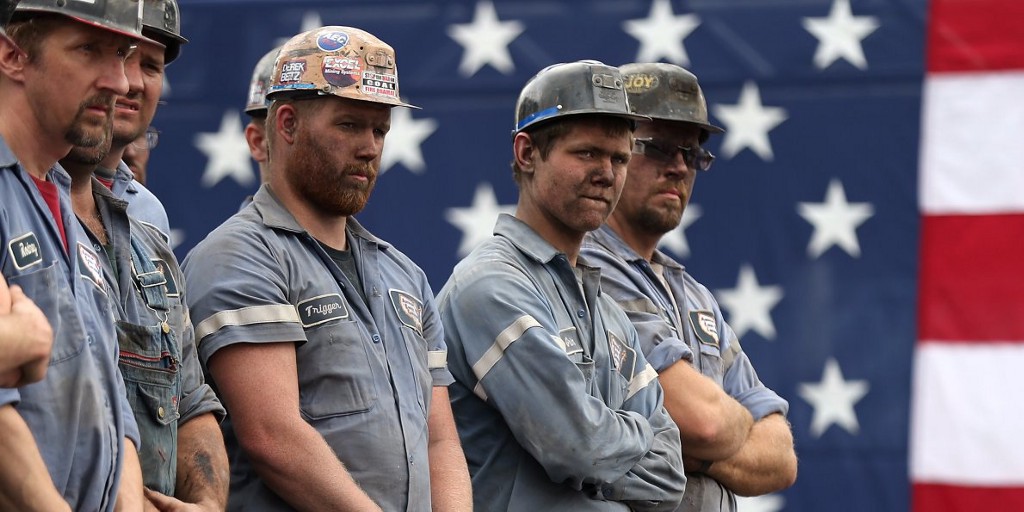By 2030, the familiar categories of low-, middle- and upper-income in the US may be obsolete. Instead, according to a new report from Bain & Company, an affluent 20% may separate itself from the remaining 80%, who will earn less than what would be considered a middle-class income. The report calls the coming decades-long period of upheaval, driven by aging populations, increased automation and growing income inequality, “the Great Transformation.”
The shift will present new risks for businesses, as well as not-so-obvious opportunities. As automation drives corporate profits and wealth among the affluent, companies will swarm to get their share of the disposable income of the upper end of the market. Competition will be fierce, as will efforts to tax the rich. Companies that focus too heavily on the affluent in the 2020s and 30s may find themselves vulnerable to popular backlash and social unrest, Bain warns. Conversely, “Companies that adapt their business models to the lower-income tier of the population may find new opportunities,” Bain predicts. Low-cost products and services developed in place like China and India may find new markets among the broad swath of American consumers.
The real opportunity, of course, may be in strategies that reverse inequality itself. ImpactAlpha has detailed the business case for inclusion and inclusive growth. Businesses right now can expand customer bases by targeting racial equality. Boosting women’s participation in the economy could add tens of trillions to global productivity. Countries with lower levels of inequality are more politically stable and friendly for business. Baking all that into the US economy would truly be a Great Transformation.











